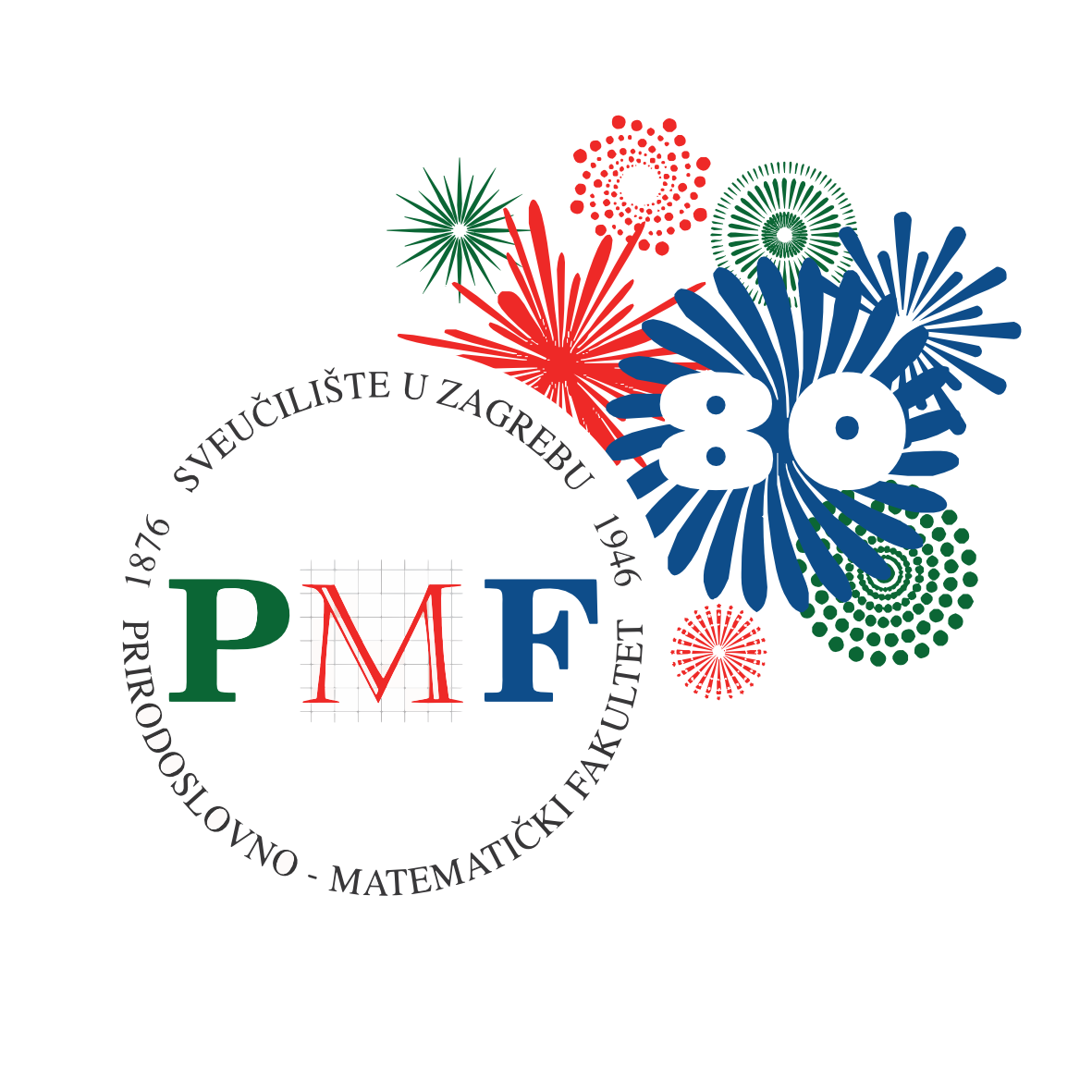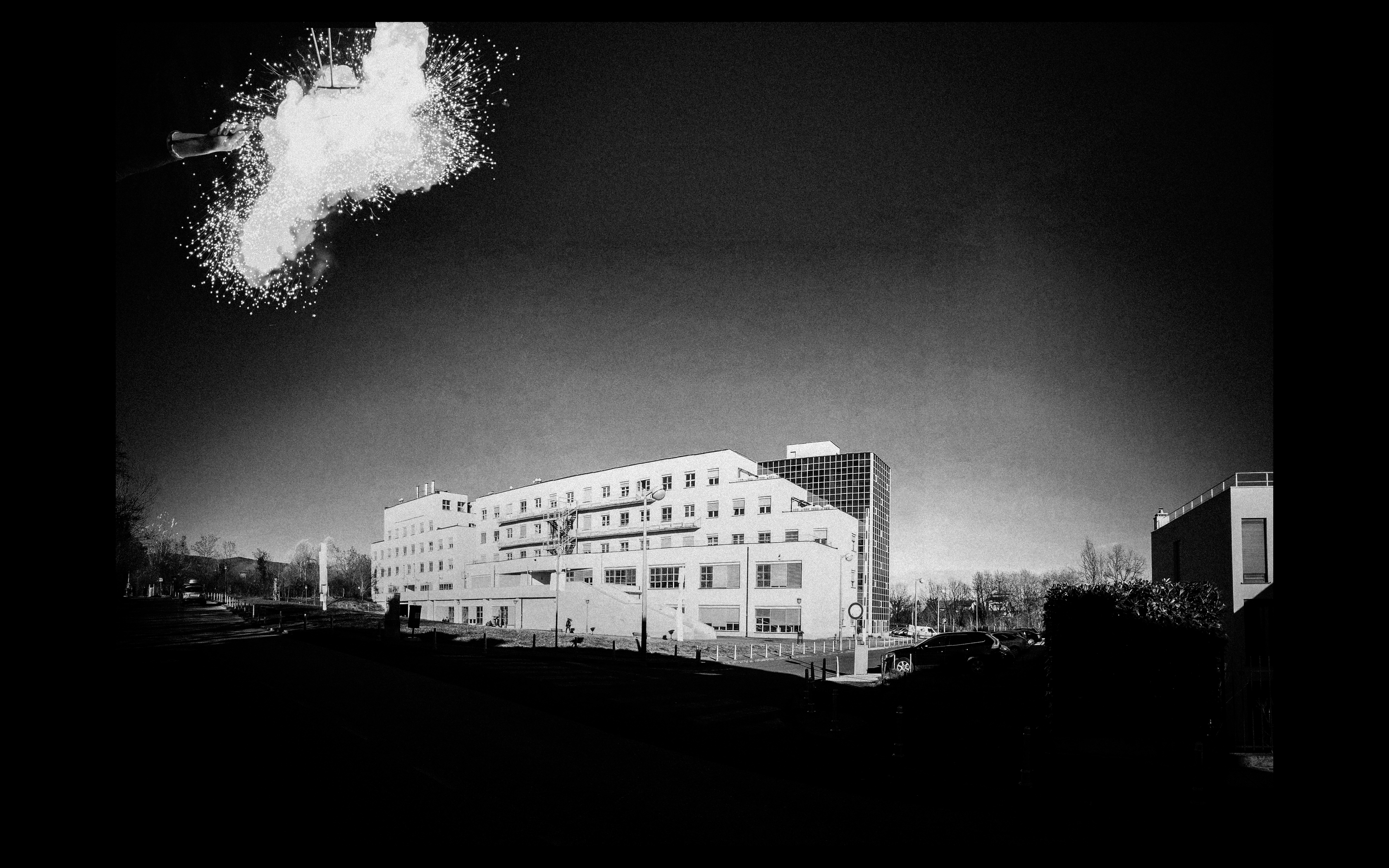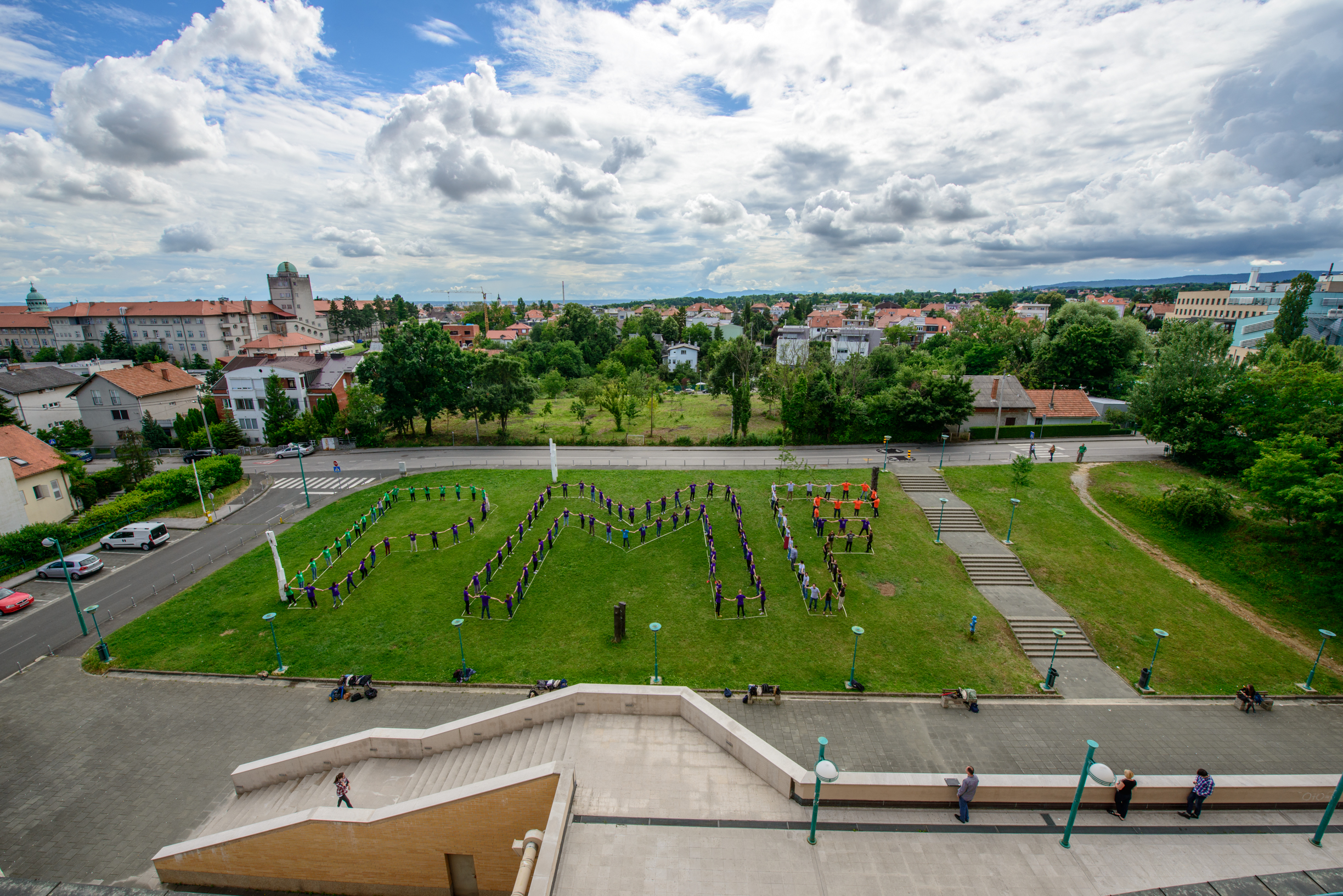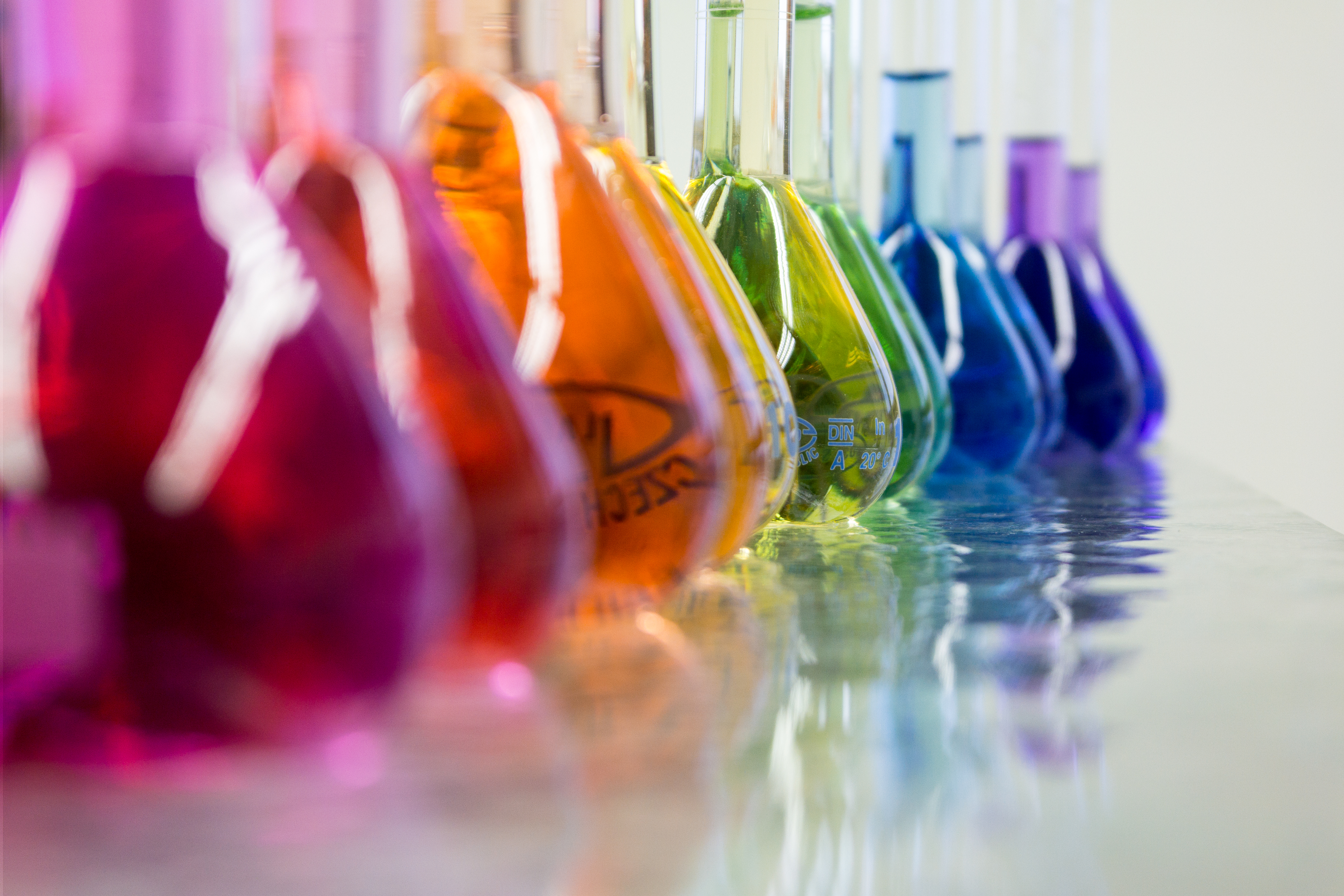Scientific work in the Division of physical chemistry is an inseparable part of the teaching process and includes the research in the fields of theoretical and computational chemistry, thermodynamics, chemical kinetics, electrochemistry, colloid and interface chemistry, macromolecular chemistry, chemometrics and education.
In theoretical chemistry, quantum-chemical methods are used to calculate potential energy surfaces and dipole moment surfaces, which enables highly accurate determination of spectroscopic properties of molecules and reaction mechanisms. Interactions of biological macromolecules, as well as their structural and dynamical properties, are studied using force field based computational methods with purpose of understanding biochemical processes on molecular level. Quantitative structure-activity relationship models are generated for investigating biological activity of different classes of compounds.
Thermodynamic investigations involve equilibria of ion association and complex forming reactions in solutions and on the surface. Structures of complexes and relevant thermodynamic parameters are determined by means of experimental and computational chemistry methods. Parallel kinetic investigations provide an insight into the reaction mechanisms. The continuation and extension of already ongoing successful collaborations with pharmaceutical industry related to physico-chemical characterization and synthesis of pharmaceutically active compounds is planned.
Investigations in the field of colloid and interface chemistry deal with the development of theoretical models and experimental techniques for the characterization of interfaces. Aggregation, adsorption and electrical interfacial layer at the solid/liquid interface will be studied. The above mentioned investigations will be performed in collaboration with several research groups from Croatia and abroad.
In physical chemistry of macromolecules, properties of polyelectrolytes and proteins in solution are studied, as well as their adsorption on solid substrates. Formation and properties of polyelectrolyte complexes and multilayers are also investigated. Special emphasis in these investigations will be given on the study of their antibacterial properties and on the specific aspects of ionic condensation on polyions. For that purpose already fruitful collaboration with the researchers from the Faculty of Health Sciences and from the Faculty of Chemistry and Chemical Engineering, University of Ljubljana will be strengthen.
Chemometric methods are developed and applied to interpretation of complex experimental data and their reduction to significant parameters. Use is made of modern computer methods, chemometrics, spectrometry, (micro)calorimetry, potentiometry, conductometry, optical reflectometry, electrokinetics and acoustophoresis. Scientific work in the field of chemistry education is dedicated to developing a quantitative approach to chemical problems, based on clearly defined notions and their interrelations.

 Pristupačnost
Pristupačnost

